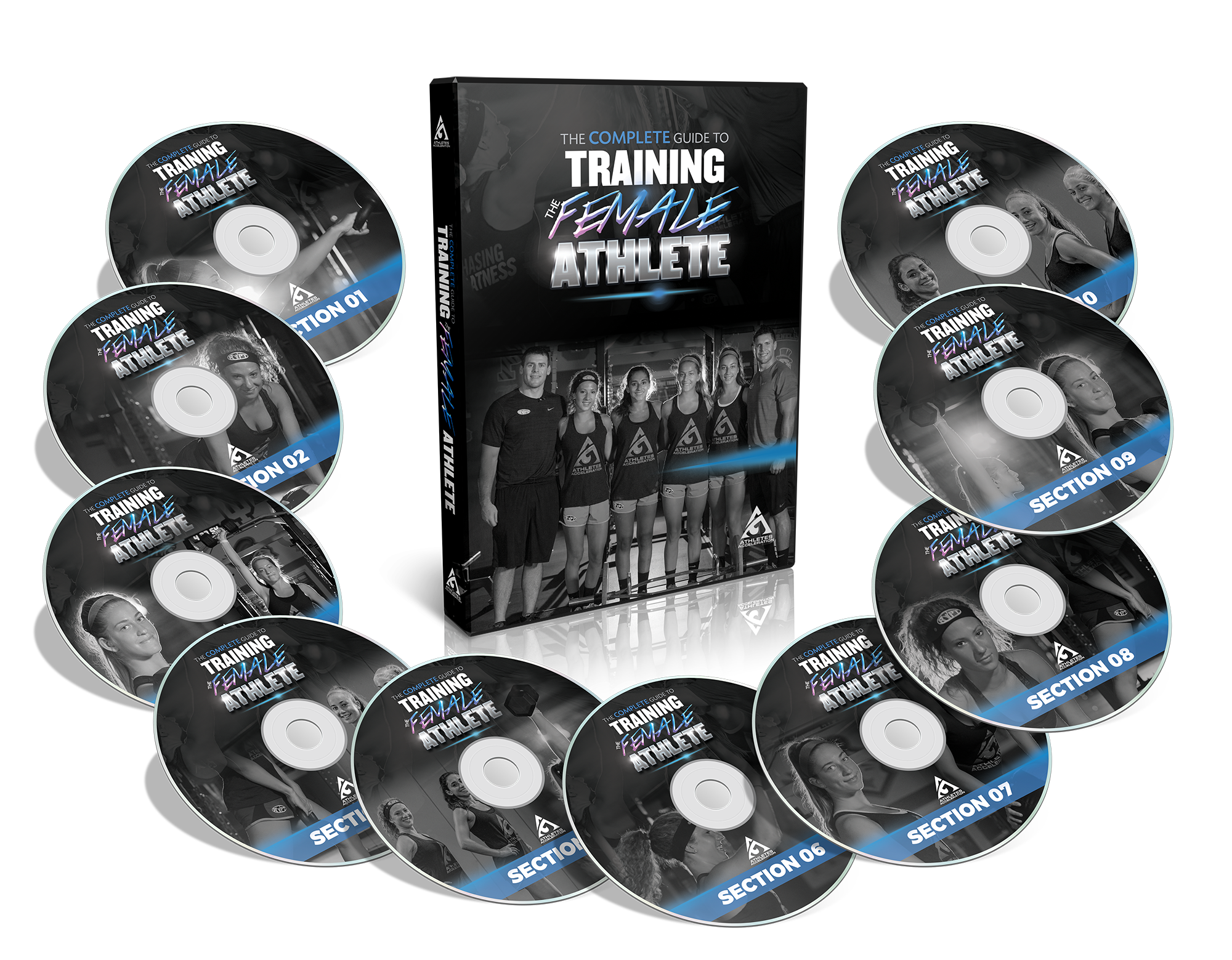Breakfast: The 1st Step Towards Better Performance
ADAM FEIT ISSA-SPN “The Practical Nutritionist”
Do your children experience bad test scores? Do they not have enough energy for practice? Are they always complaining of aches and pains that never seem to go away? If so, have you taken a closer look at how they are starting their day? To prevent loss of playing time and improve academic performance, we must make sure our children are consuming high-octane fuel when they need it most; first thing in the morning!
Breakfast has often been neglected for many reasons including weight management, attempts to get extra sleep, lack of time and the constant “I’m not hungry” attitude. However, athletes who start their day off with a quality breakfast experience a wealth of benefits in their performance such as the following:
1)Decreased Body Fat: Many athletes skip breakfast because they need to lose weight. However, studies continually show that those who eat breakfast lose more body fat than those who skip breakfast. Eating breakfast daily ensures better food choices throughout the day which allows athletes to feel ready and prepared when it’s their time to shine under the lights.
2)Less Chance of Becoming Sick: From season to season and sport to sport, athletes are continually active, which puts more stress on the body to stay in optimal condition to perform. Those who eat breakfast supply their bodies with the vital nutrients needed to ward off infections better than those who regularly skip breakfast.
3)Improved Academic Performance: Studies have shown that athletes who regularly eat breakfast before school demonstrate better memory retention, experience less behavioral problems and score better on exams. Improved performance in the classroom increases self-confidence and can carry over to the field or court.
4)Improved Strength and Recovery Rate: Those who regularly eat breakfast supply their bodies with the right nutrients to repair muscle tissue damaged during training and decrease the time for recovery between sessions. Whether athletes are training first thing in the morning or right after school, a complete breakfast can prepare the body for maximum development and performance.
5)Improved Energy Levels: If your child skips breakfast and doesn’t eat school lunch until 12pm they could very well be going 12-16 hours without any food. Not eating for such a long period of time causes an unbalanced level of hormones which can cause muscle loss, decreased attentiveness and lack of energy. Meals should be eaten every 2-3 hours to maintain blood sugar levels which prevent the “tired and sleepy” feelings often felt by eating large, infrequent meals. A big, quality breakfast followed by smaller meals throughout the day ensures your child’s fuel tank is topped off when it’s time to go.
So how do we get our children to eat the most important meal of the day? Keep it simple! Breakfast should be easy enough that it takes less than ten minutes preparing and eating before they head off to school. Here’s what to look for when choosing breakfast foods:
Breads (bagels, breads, waffles, etc): Choose 100% whole grain or 100% whole wheat versions of these items. Stay away from sugar topped pastries, muffins and other baked goods. Try a low-carb, high fiber wrap for a homemade breakfast burrito. Make sure you opt for sugar-free syrup on multi-grain pancakes and waffles.
Cereals: Choose cereals that are high in fiber and have less than 6 grams of sugar per serving. Stay away from “cartoon character” cereals and those with visible frosting or sugar pieces on them. Don’t forget about old-fashioned oatmeal. Save yourself the extra sugar and calories by topping it yourself with fresh fruit and nuts.
Proteins: Choose less processed low-fat breakfast meats such as turkey bacon or sliced ham. Don’t forget about eggs! They supply the body with high quality proteins and fats. Choose low-fat or skim milk and cheese if body-fat is an issue.
Fruits and Vegetables: Load up on as many as possible. Slice up various kinds of fruit and use for waffle and cereal toppings. Chop up some vegetables and throw them in the frying pan for an omelet.
Spreads and Sauces: Choose natural peanut butter (needs to be stirred) over sugar-loaded commercial brands. Try real butter instead of margarine or use spreads made with olive oil. Use real fruit spreads instead of processed jellies or jams. Try some salsa or hot sauce on eggs to spice it up.
If cooking is a problem, try making a fruit smoothie with added protein powder or buy a pre-made mix for an instant breakfast shake. Don’t have time in the morning? No problem. Make it the night before and throw it in the microwave before school. Not hungry first thing in the morning? Bring it on the way so you can eat it before 1st period.
While parents and athletes often look towards private training sessions, supplements and various development camps to increase performance, the concept of performance nutrition cannot be overlooked. Before you start looking on the internet for the latest and greatest advancement in athlete training, take a look in your pantry and make sure you have the foods necessary to compete!
References:
Andrews, R. (2009, July). All about breakfast. In All About Breakfast [Article]. Retrieved from Precision Nutrition website: https://www.precisionnutrition.com/all-about-breakfast
Clark, N. (2008, October 17). Proper nutrition for athletes: The missing link. Keynote speech presented at 7th Annual Conference of The Society of Chinese Scholars on Exercise Physiology, Chengdu, China.
Hall, S. (2008, August). Breakfast cereal: Which one do you choose? [Web log message]. Retrieved from https://www.diet-blog.com/archives/2007/08/28/breakfast_cereal_which_one_do_you_choose.php#
Keski-Rahkonen, A., Kaprio, J., Rissanen, A., Virkkunen, M., & Rose, R. (2003). Breakfast skipping and health-compromising behaviors in adolescents and adults. European Journal of Clinical Nutrition, 57, 842-853.
Rampersaud, G., Pereira, M., Girard, B., Adam, J., & Metzl, J. (2005). Breakfast habits, nutritional status, body weight and academic performance in children and adolescents. Journal of the American Dietetic Association, 105, 743-760.







